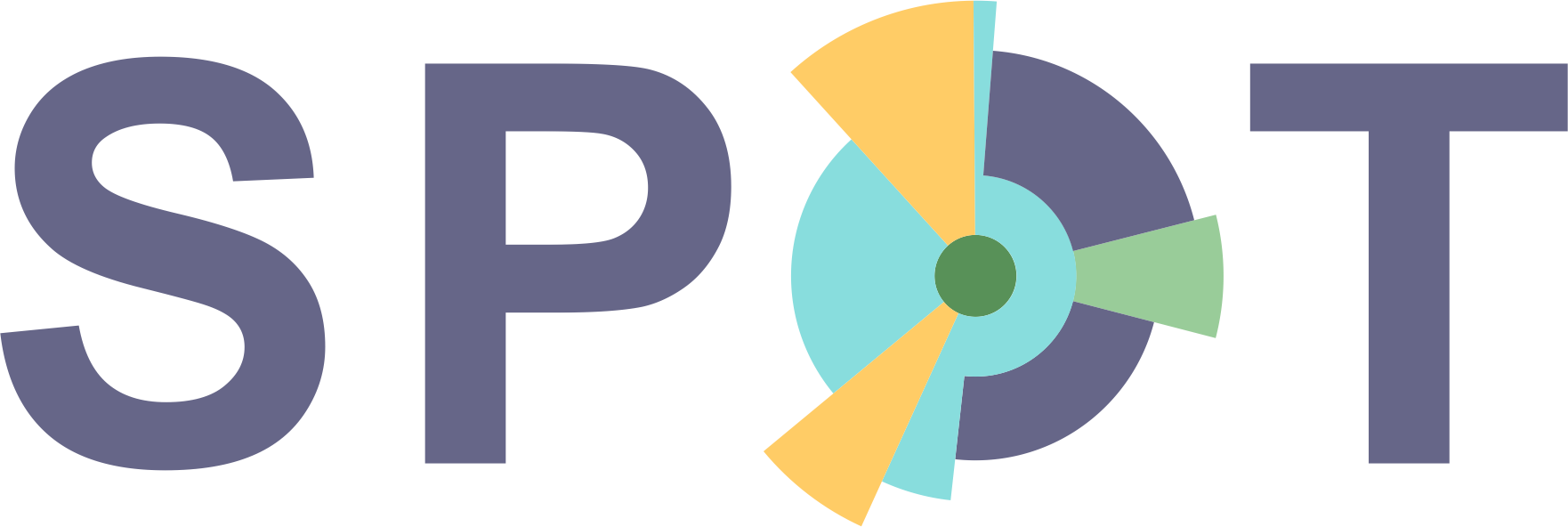Chair persons:
- Eugénia Devile | On-site
- Alina Zajadacz | On-site
Description:
Visit ITC2022 sessions. This session will NOT be available online.
Presentations:
- Tourism employees’ skills on accessible tourism: The view of supply agents (Eugénia Devile, Celeste Eusébio, Andreia Moura) | On-site
- SmartDest project: Madeira Island implementation and experience (Eduardo Marques, Frederica Gonçalves) | On-site
- Determinants of environmental certification of hotel companies: An analysis of the Portuguese case (Catarina Antónia Martins, Jorge Manuel Afonso Alves, Anita Sousa Silva) | On-site
- Geotourism and sustainable development: Impacts of the iconic Paiva river walkways, Arouca Geopark, Portugal (Susana Lima, Sofia Cardoso, Eugénia Devile, Andreia Moura) | On-site
- Sensory garden as a new form of urban green space in smart sustainable city (Alina Zajadacz, Anna Lubarska) | On-site
Global (dis)order versus sustainability
This is keynote lecture presented by
Levent Altinay
is a Professor of Strategy and Entrepreneurship at Oxford Brookes Business School. Professor Altinay is also the Editor-in-Chief of the Service Industries Journal. A researcher of international renown, Altinay enjoys a vast network of international collaborative partnerships with organisations and policy makers in the UK, China, Taiwan, Thailand, Kazakhstan, Turkey and Cyprus.
Altinay was a member of the Business & Economics Panel in Research Assessment Exercise (RAE) 2014 and 2020 in Hong Kong. He was also a member of the Research Excellence Framework Panel Member, 2021 in the UK. He sits on the editorial boards of more than twelve journals including Journal of Business Research, Journal of Services Marketing, Tourism Management, and International Journal of Contemporary Hospitality Management. Altinay has a strong record of attracting blue chip external funding, including funding from the ESRC (Economic and Social Research Council), Newton, British Council and the British Academy. Altinay has co-authored strategic management, entrepreneurship and research methods textbooks.
Altinay’s research interests are in the areas of entrepreneurship, strategic alliances and international business. Using primarily qualitative methods as well as mixed methods, he is particularly interested in how entrepreneurs start up and develop their businesses and also how firms establish partnerships internationally. His work has been published in Journal of Business Research, International Small Business Journal, Journal of Small Business Management, Journal of Services Marketing, International Journal of Hospitality Management, Journal of Travel Research, Annals of Tourism Research and Tourism Management.
Łódź as a city of factories – using the industrial heritage for tourism as an element of sustainable development of the destination
This is keynote lecture presented by
Tomasz Koralewski
is a CEO of the Łódź Tourism Organization. For 25 years he has been professionally involved in tourism. He started out as a tour guide cooperating with Polish tour operators. A short period of work with the Polish Chamber of Tourism in Łódź opened the possibility of participating in the creation and development of the Regional Tourism Organization of the Łódź Region (since 2003), in which he went through the career ladder from an apprentice to a deputy director of the office. He managed the group of responsible employees for all parts of the business – publications, tourist information, fairs & events, marketing campaigns, internet & public relations, trainings and member’s relations. He created and implemented a plan for the development of tourism in Łódź Region in cooperation with regional and local governments, associations and companies related to tourism. He also coordinated several large training projects for tourism industry co-financed from EU funds.
After leaving Regional Tourism Organization in 2015, he founded his own company operating in the field of events and tourism marketing. From the end of 2016, he coordinated the creation of the Łódź Tourism Organization as a local DMO. From April 2017, as the CEO, he coordinates its work up till now. In 5 years he built a strong local tourist organization associating 100 most important business and local government partners in the city, employing over 30 people and operating in all areas of the city’s tourism management. It also cooperates with other cities in Poland, creating metropolitan strategies for the tourism development.
A graduate of history at the University of Lodz.
